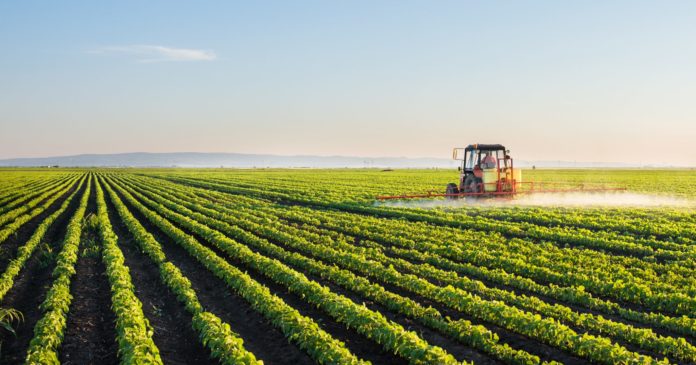President Hakainde Hichilema has revealed that the government will work alongside the private sector to procure soya beans from small-scale farmers throughout the country.
This move aims to promote collaboration and allow farmers and the private sector to determine suitable prices that align with supply and demand for the commodity.
President Hichilema emphasized that the government would not set a fixed price for soya beans but instead opt to partner with the private sector, highlighting the significance of showcasing the capabilities of the country’s private sector.
“Government will not dictate the price of soya beans but will join forces with the private sector to promote the private sector within the country,” President Hichilema stated.
The Zambia National Farmers Union (ZNFU) Public Relations Officer, Calvin Kaleyi, welcomed the government’s decision to collaborate with the private sector, believing it will attract more investors to the market.
However, Mr. Kaleyi expressed concerns over the prices of paddy rice and maize set by the Food Reserve Agency (FRA), adding that market forces should determine these prices.
“The FRA is just one player in the market; we have grain traders, millers, and other traders. There are more than four players in the market,” Mr. Kaleyi emphasized, underscoring the crucial role of the private sector.
“The FRA only purchases a specific quantity and does not buy everything from the farmers. The rest of the soya beans are bought by the private sector.”
Economist Markstone Similimo stated that the government’s role is to establish the structure of the purchasing process while allowing the pricing of commodities to be determined by supply and demand.
Mr. Similimo said the approach aims to ensure that Zambia maintains a free market economy.
He clarified that soya bean prices in the market would be determined by supply and demand, with minimal impact on small-scale farmers.
However, a small-scale farmer expressed discontent with the government’s decision not to directly purchase soya beans from them.
She argued that partnering with the private sector would have a negative impact on farmers, highlighting that last year, when the FRA was involved, a kilogram of soya beans was priced at K5, whereas in the private sector, it reached K11.

